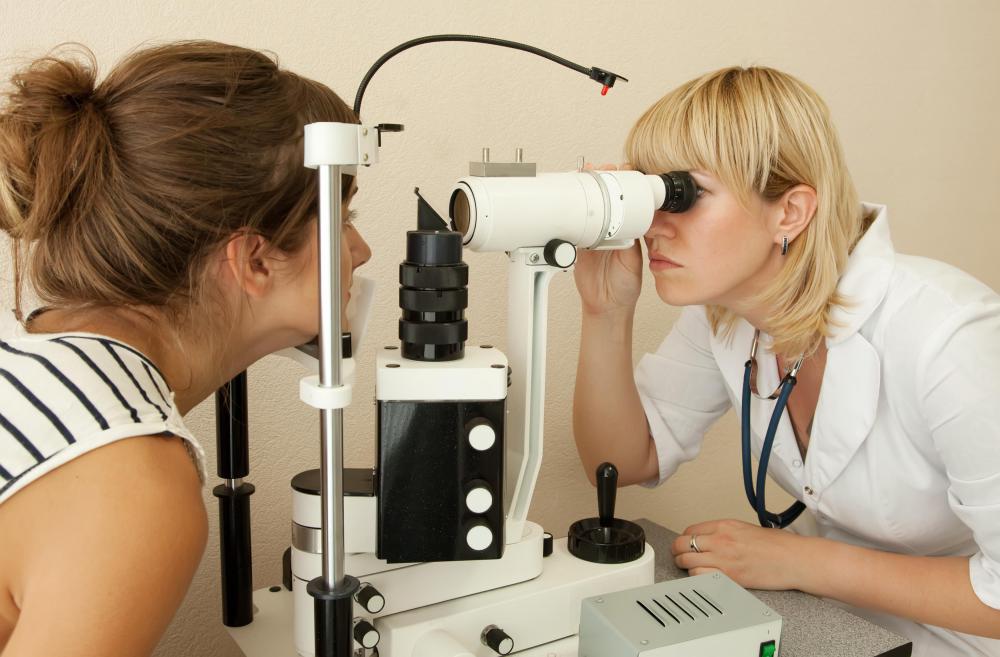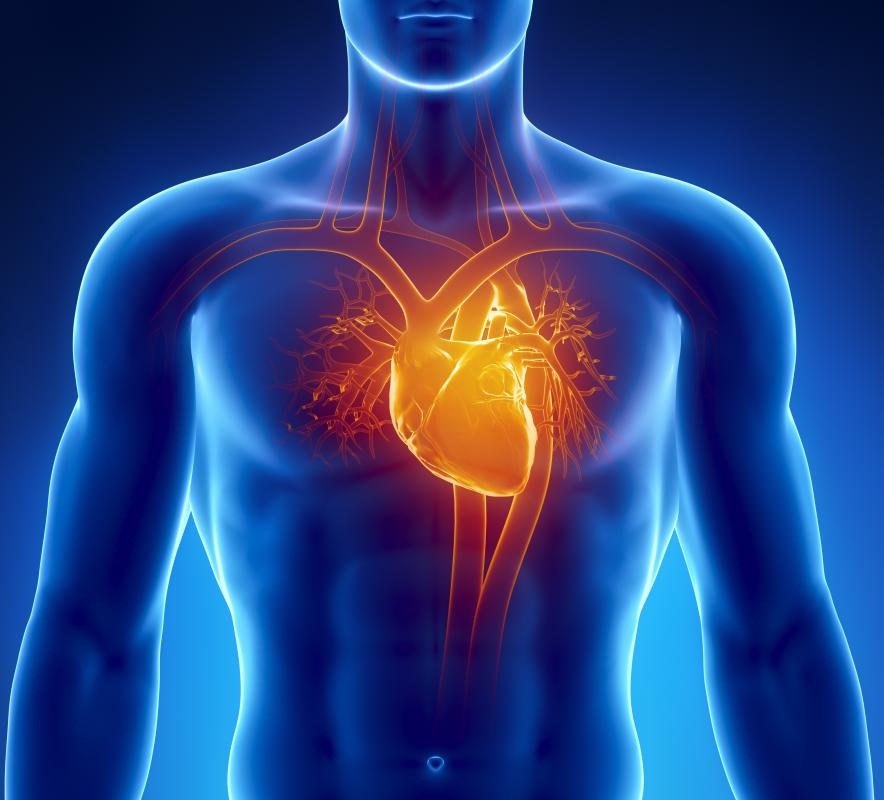At TheHealthBoard, we're committed to delivering accurate, trustworthy information. Our expert-authored content is rigorously fact-checked and sourced from credible authorities. Discover how we uphold the highest standards in providing you with reliable knowledge.
What is Alcoholism?
Alcoholism can be defined in several ways. As defined as a dependence by the fourth edition of the Diagnostic and Statistical Manual of Mental Disorders (DSM-IV), it is characterized by at least three of the following symptoms that last for a year or longer:
- Greater tolerance to alcohol
- Withdrawal symptoms if alcohol use stops
- Drinking more alcohol than intended regularly
- Inability or desire to control use
- Excessive time spent obtaining or figuring out how to obtain alcohol, using alcohol or recovering from its use
- Continued use despite negative physical and psychological consequences
- Reduction in ability to function socially, or in previous level of recreational or work activities.

There is quite a bit of debate about whether alcoholism is technically a “disease” or a dependence. Also there are numerous explanations as to cause. It is known that some alcoholics seem to have a genetic pull towards the condition; yet not all people with these genes exhibit it. However, if one notes a lot of family history of alcoholism, it may be prudent to not consume alcohol. Even small amounts of alcohol might make one more prone to dependence.

In general, addiction created by alcoholism tends to gradually cause problems in the alcoholic’s personal, social and work life. In most cases, these problems alone cannot help the alcoholic stop drinking, a sure sign of alcoholism. In fact many recovering alcoholics believe that the majority of alcoholics must hit extreme “rock bottom” before they can commit to sobriety.

Further, excessive drinking is in essence poisoning the body. Alcoholics risk destroying their kidneys, liver, and numerous heart disease components when they continue to drink. Alcoholism remains a major health concern in the US, where it is estimated that $170 billion US Dollars (USD) a year is spent on health care issues related to it. There is also the collateral damage of the alcoholic’s behavior. A drunk driver, an alcoholic pregnant woman, or a spouse who becomes abusive as a result of alcohol, risks destroying not only him or herself, but also others.

Many different modes of treatment exist for alcoholism, and some are more successful than others. Recently, some alcoholics have preferred to participate in modified drinking programs. However, these programs are of recent inception, and are probably not quite as effective as complete abstinence. The theory behind their lack of success for many is that each drink reduces judgment, making it more likely the alcoholic will exceed previously set limits.

Programs like Alcoholics Anonymous (AA) have been successful for many, but AA does have its detractors. In particular, some alcoholics felt that taking any psychiatric medicines was considered as “cheating.” Some AA programs are now labeled “dual diagnosis” programs. They address the person’s alcoholism and other substantive mental illness at the same time. These have often proven effective for those who became alcoholics to mask symptoms of significant mental illness.

Others use a combination of psychological and drug therapy. Certain drugs create aversion to alcohol, or block the body’s pleasure releasing hormone response to alcohol. The latter may over time help the drinker stop, because there are no mental rewards to be had from continued drinking. The former can help one stop drinking because they cause extreme sickness if one does drink. However, these drugs can be physically dangerous to use if the alcoholic continues to drink.

Regardless of what program one uses to stop alcoholism, all true alcoholics are at extreme health risk when first ceasing alcohol. Severe alcoholics undergo delirium tremens, which can cause life-threatening convulsions during the first day to several days after ceasing drinking. Therefore, quitting drinking should be done under the guidance of medical professionals, who can help administer drug therapy that will prevent convulsions.
AS FEATURED ON:
AS FEATURED ON:



















Discussion Comments
I suffered with the personality change caused by having a dependence on alcohol. I stopped drinking alcohol thirty years ago and interestingly, never missed it. Why this contribution is due to a recent discovery of a particular memory which formed a 'limiting belief'.
My understanding is that alcohol changed me. I had a need to not be me and this is where it becomes interesting. I drank alcohol to become normal, if that makes sense. Alcoholism is not a disease it is of the mind. Mine was at age 13 I had no reason to live or even be alive.
What is amazing with the human mind is what it will do to survive.
My hope is this post helps someone finds the way to find their real self as I did.
I recently became aware of some interesting research conducted by Dr. Nigel Atkinson, a professor of neurobiology at the University of Texas at Austin. I believe his findings will be of interest.
In an article entitled, “Neural Adaptation Leads to Cognitive Ethanol Dependence,” featured in the Current Biology journal, Atkinson shares some ground-breaking (and accidental!) discoveries made while studying the relationship between ethanol dependence and the fruit fly.
Atkinson’s research may lead to conclusive evidence that alcoholic drinkers are genetically predisposed to alcoholism and that genetic mutation may bring about a cure.
Finding the cause -and cure -for alcoholism will be have an incredibly positive impact on American society, and for the rest of the world. It's comforting for me to know that researchers like Dr. Atkinson are working hard to this end.
Another damage that alcoholism causes is damage to the children. Even if only one parent is alcoholic the child growing up in such an environment is ridden with a feeling of shame, among other things.
Maybe some day there will be an answer as to what is causing some people to drink in spite of all the negative effects.
Post your comments